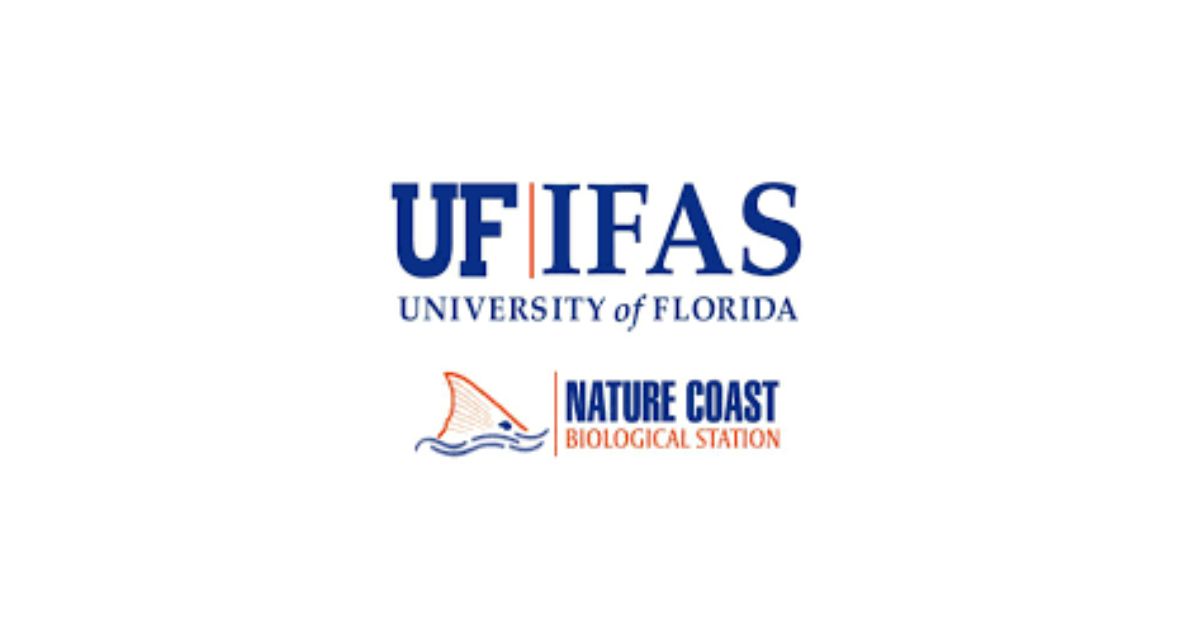We are seeking a highly motivated post-doctoral researcher to develop ecosystem models that assess the impacts of red tide on fisheries resources and food webs of the West Florida Shelf (WFS) and operationalize them for routine use in fisheries stock assessment and management.
Red tide is caused by the toxic dinoflagellate, Karenia brevis, and occurs regularly on the WFS. Mortality caused by red tides can be substantial, accounting for up to 50% of the total mortality of valuable reef fishes during severe red tide events. In 2021, The spatially explicit WFS Ecospace model provided estimates of red tide mortality for gag grouper (Mycteroperca microlepis) that were used to develop final management projections and catch recommendations, paving the way for future and routine applications to other managed species.
The overarching goal for the post-doc is to quantify red tide mortality for Gulf of Mexico (GoM) reef fish populations and work with NOAA scientists to integrate estimates into multiple stock assessments and management advice. This will be accomplished using a previously developed spatially explicit ecosystem model of the WFS that represents the extent, severity, and duration of red tide blooms, their spatial overlap with species of interest, lethal and sublethal responses, avoidance, and food web effects. The successful candidate will work within a diverse, multidisciplinary team consisting of fisheries ecosystem modelers, stock assessment scientists, physical oceanographers (remote sensing), bio-geophysical modelers, fisheries monitoring program leaders, federal and state fisheries managers, and commercial/recreational fishery stakeholders. This 5-year, multi-institutional project includes the University of Florida (UF), University of South Florida (USF), Florida State University (FSU), NOAA Southeast Fisheries Science Center, Florida Fish and Wildlife Conservation Commission (FWCC), NOAA Southeast Regional Office, and the Gulf of Mexico Fisheries Management Council.
Responsibilities:
We invite applicants for a full-time postdoctoral associate to be held at the University of Florida’s Nature Coast Biological Station, with office located on UF’s main campus in Gainesville. Responsibilities of the postdoctoral associate include analyzing large datasets on fish, habitat, and water quality; updating model inputs with current data; integrating new remote sensing and bio-geophysical model products into the WFS ecosystem model; calibrating the WFS Ecospace model to improve estimates and quantify uncertainty; developing web applications (rShiny) for managers and scientists to access and explore model outputs; presenting results at SEDAR stock assessment workshops, Gulf Council Scientific and Statistical Committee meetings, and professional conferences; and preparing scientific publications, grant reports, data management, and outreach materials.
Minimum Qualifications:
- A Doctorate degree (PhD) in fisheries science, quantitative ecology, oceanography, or related fields.
- Demonstrated interest and experience in quantitative fisheries, food web ecology, and modeling of marine ecosystems with applications to natural resource management.
- Experience with ecosystem and food web models, fish population dynamic models and stock assessment, species distribution models, and geospatial analysis of large fisheries and environmental datasets
- Experience working in collaborative, multidisciplinary projects and interacting with resource managers.
- Ability to work both independently and collaboratively to meet project deliverables
- Must be proficient in R.
- Strong written and oral communication skills, as evidenced through publications in the peer-reviewed scientific literature and presentations to a variety of audiences.
- A commitment to foster inclusion and working with colleagues from diverse backgrounds, cultures, nationalities, and identities.
Preferred Qualifications:
- Experience with the Ecopath and Ecosim software is preferred, especially Ecospace.
- Experience developing R shiny apps and open science tools (GitHub).
- Experience in linear and non-linear modeling (GLMs, GAMs), spatial-temporal data analysis, and analysis of gridded spatial data from satellites and oceanographic models.
- Familiarity with the Gulf of Mexico marine ecosystem.
- Experience in project management and leading interdisciplinary research teams.
Salary:
The base salary is negotiable, starting at $51,500, with a 3% increase each year for satisfactory performance. Paid leave is accrued at a rate of 5 hours bi-weekly for vacation, sickness, or injury. Benefits include optional retirement, health, dental, vision, and disability insurance.





